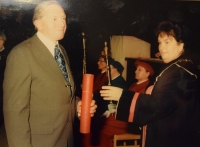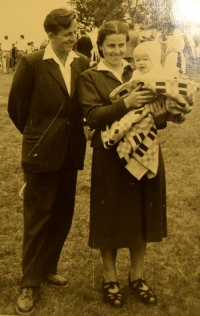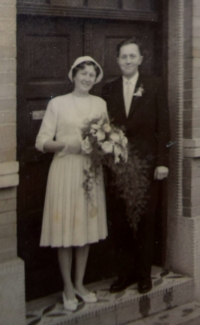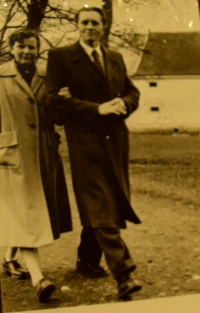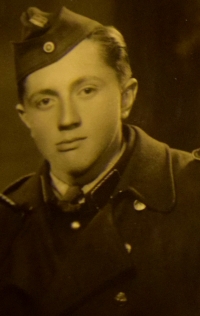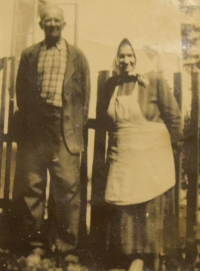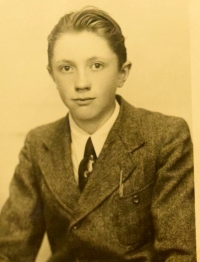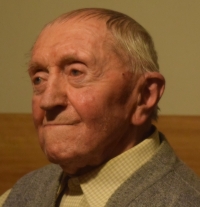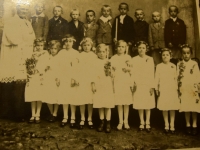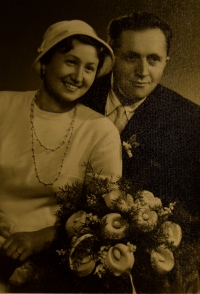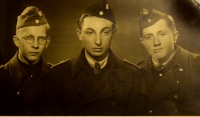Earlier generations have suffered much for today’s freedom

Download image
Ladislav Homola was born on 26 January 1927 into a large family in Lavičky in Vysočina. During World War II he escaped from forced labor in a factory in Kuřim and had to hide in the last weeks of the war. During his university studies at the Teaching Institute in Brno he joined the student resistance group Skřel, which distributed leaflets with an anti-communist focus. He was arrested by the StB very soon in the classroom. The court in Brno then sentenced him in November 1949 to four years of imprisonment for appeals against the Republic. He served his sentence in uranium mines in Jáchymov, he stayed in the Mariánská camp. The totalitarian regime never allowed him to pursue teaching activities. Ladislav worked as a labourer throughout his life. He raised four sons. At the time of filming the interview (2019) he lived in Velké Meziříčí. Ladislav Homola passed away on September, the 21st, 2020
